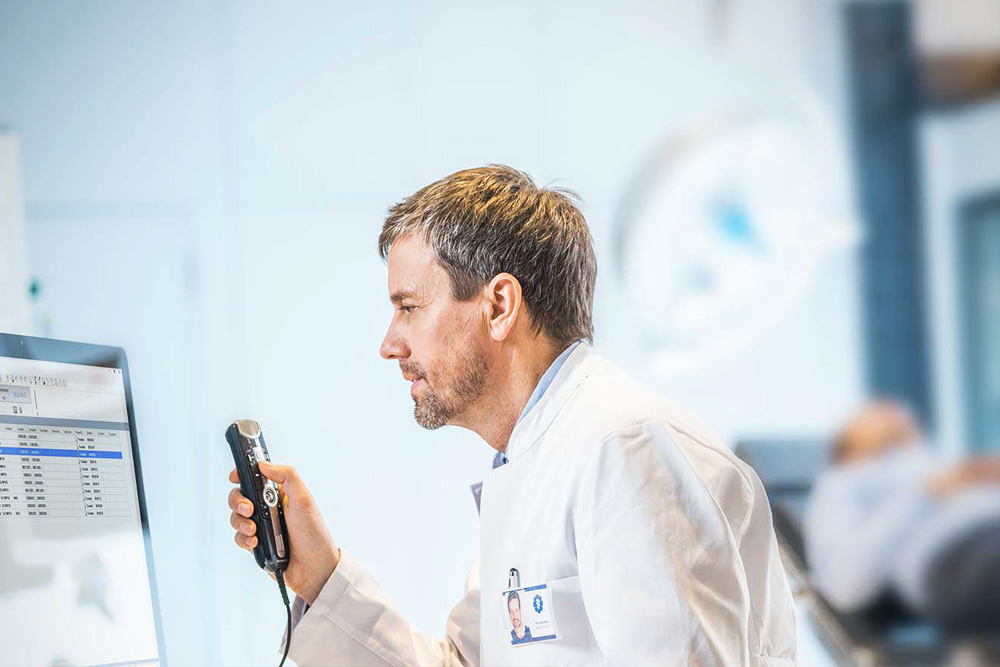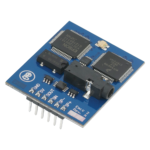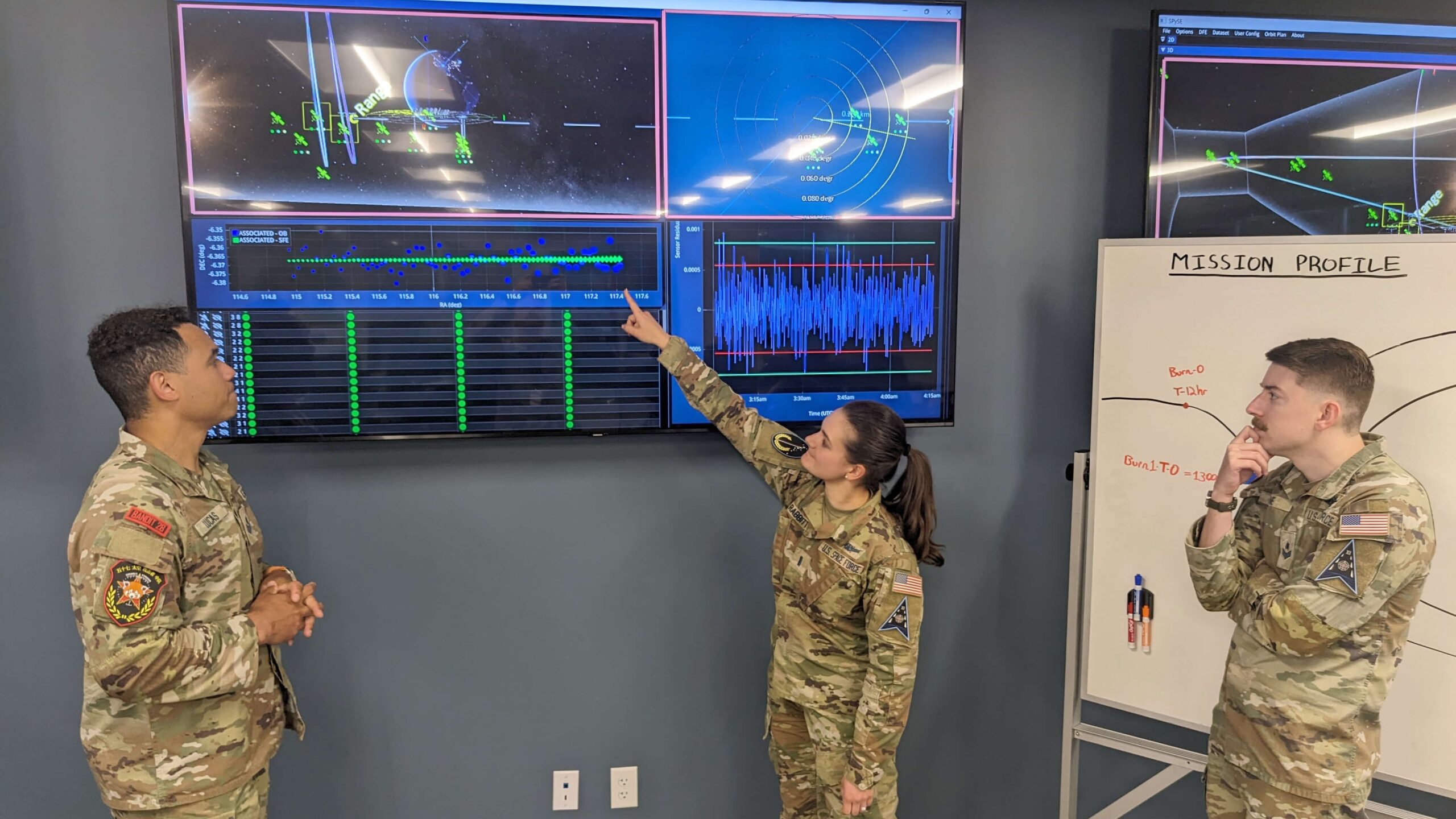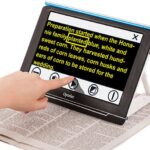The healthcare industry is constantly evolving and improving, thanks to advancements in technology. One of the most exciting developments in recent years has been the use of speech recognition technology in healthcare. As someone who has experienced firsthand the challenges of medical documentation, I am thrilled to share with you how this cutting-edge tool is revolutionizing the way we provide and receive healthcare services.
In this article, we will delve into the world of healthcare speech recognition and explore how it is changing the game for both patients and professionals. From easing administrative burdens to enhancing patient care, this technology has proven to be a game-changer. So read on as we discuss how speech recognition is paving the way for a brighter future in healthcare.
So, healthcare speech recognition?
The healthcare industry is constantly evolving and advancing, with new technologies being developed to improve patient care and streamline processes. One technology that has been gaining traction in recent years is speech recognition.
Speech recognition technology allows for the conversion of spoken words into text, making it easier for medical professionals to document patient information and communicate with other members of their team. This technology has the potential to revolutionize the healthcare industry in a number of ways.
One major benefit of speech recognition technology is its ability to save time and increase efficiency. With this tool, doctors can quickly dictate notes while examining a patient instead of having to spend additional time typing them up later. This not only saves valuable time but also reduces the risk of errors or omissions in documentation.
In addition, speech recognition technology can help improve accuracy in medical records. By eliminating the need for manual data entry, there is less room for human error. This ensures that important information about a patient’s condition and treatment plan is accurately recorded.
Another advantage of this technology is its potential cost savings for healthcare facilities. By reducing the need for transcription services or hiring additional administrative staff, hospitals and clinics can save money on operational costs.
Furthermore, speech recognition technology has proven to be beneficial for patients as well. With quicker access to accurate medical records, doctors are able to make more informed decisions about diagnosis and treatment plans, leading to better overall outcomes.
However, like any new technology, there are still some challenges that need to be addressed before widespread adoption can occur. These include issues such as privacy concerns surrounding sensitive patient information being stored digitally and ensuring proper training for medical professionals using the software.
Overall though, it’s clear that speech recognition technology has immense potential in transforming how healthcare operates by increasing efficiency and accuracy while ultimately improving patient care. As advancements continue to be made in this field, we can expect even greater innovations in the future of healthcare.
Understanding the Role of Healthcare Speech Recognition in Medical Documentation
In the fast-paced world of healthcare, effective communication is crucial. One innovative tool that has emerged to enhance this communication is speech recognition technology. This technology allows medical professionals to document patient information by simply speaking into a device instead of typing everything out manually. Imagine a busy doctor in an examination room: they can swiftly record their notes on a patient’s condition while maintaining eye contact and engagement with the patient. This approach not only saves time but also helps in creating more personal interactions.
Moreover, using speech recognition for medical documentation offers *significant advantages*. For example:
- Improved Accuracy: With advanced algorithms, these systems can recognize complex medical terminology and reduce errors.
- Enhanced Efficiency: Physicians can complete documentation faster, allowing them more time for patient care.
- Real-Time Updates: Information can be updated instantly in electronic health records.
This blend of technology with healthcare practices makes it easier for providers to focus on what truly matters—the well-being of their patients—while ensuring accuracy and compliance in their records. As we continue to embrace these advancements, the future looks promising for both providers and patients alike.

Exploring the Efficiency and Accuracy Benefits of Speech Recognition in Healthcare Settings
In the fast-paced world of healthcare, speech recognition technology is revolutionizing how medical professionals document patient information. This innovation allows doctors and nurses to dictate notes directly into electronic health records (EHRs), streamlining the process significantly. Instead of spending precious minutes typing out details after each patient visit, clinicians can focus on what truly matters: delivering quality care. The accuracy of modern speech recognition systems has improved remarkably due to advanced algorithms that learn from past data and adapt to various accents and terminology used in medicine. This means fewer errors in documentation, ensuring that patients receive the right treatments based on precise information.
Moreover, this technology enhances communication within medical teams. When all members can access clear and accurate transcripts of conversations or consultations in real time, it fosters a better understanding among them regarding patient care plans. Consider these key advantages:
- Time-saving: Less time spent on paperwork means more time for patients.
- Improved accuracy: Reduces the chance of misinterpretation.
- Easier collaboration: Everyone is updated with consistent information.
As hospitals continue to embrace this change, we see a brighter future for both healthcare providers and their patients alike.
Read also: speech to text api free
Examining Patient Care Improvements from Implementing Speech Recognition Technology
In healthcare today, the use of speech recognition technology is transforming how providers interact with patients. Imagine a doctor who can speak naturally into a microphone while examining you, and the computer automatically records everything without needing to type it out later. This means they spend less time on paperwork and more time focusing on your needs. When healthcare professionals use this technology effectively, communication improves significantly. Their notes are more accurate, capturing vital information about your symptoms or concerns that might otherwise be forgotten in hurried moments.
Moreover, implementing speech recognition systems leads to faster patient care. Patients often wait anxiously for test results or treatment plans; however, with real-time documentation and streamlined workflows thanks to these tools, responses can be quicker than before. Benefits include:
– Enhanced accuracy in medical records
– Reduced administrative workload
– Increased face-to-face interaction between patients and providers
As a result of adopting such technologies, the overall experience for patients becomes much smoother and more supportive—making every visit feel like a priority rather than just another appointment in a busy day.
Assessing the Future Implications of Using Speech Recognition in the Healthcare Industry
As technology advances, speech recognition is transforming the healthcare industry in remarkable ways. Imagine a doctor rushing through patient notes while trying to keep up with an ever-busy schedule. With speech recognition, they can simply speak their thoughts into a device, and it transcribes everything instantly. This not only saves time but also allows for more focus on patient care rather than paperwork. The implications extend beyond convenience; accuracy in documenting medical records improves significantly. With fewer chances of human error during transcription, doctors can ensure that vital information about treatments and medications is correctly recorded.
However, there are challenges to consider as well. Data privacy becomes a critical concern when sensitive patient information is involved in voice recordings. Healthcare providers must implement robust security measures to protect this data from unauthorized access or misuse. Additionally, training staff to effectively use this technology plays a crucial role in its success—everyone must be on board for smooth integration into existing systems.
In summary, while speech recognition shows great promise for enhancing efficiency and accuracy in healthcare documentation, careful consideration of privacy issues and user training will shape its future impact on both patients and providers alike.



